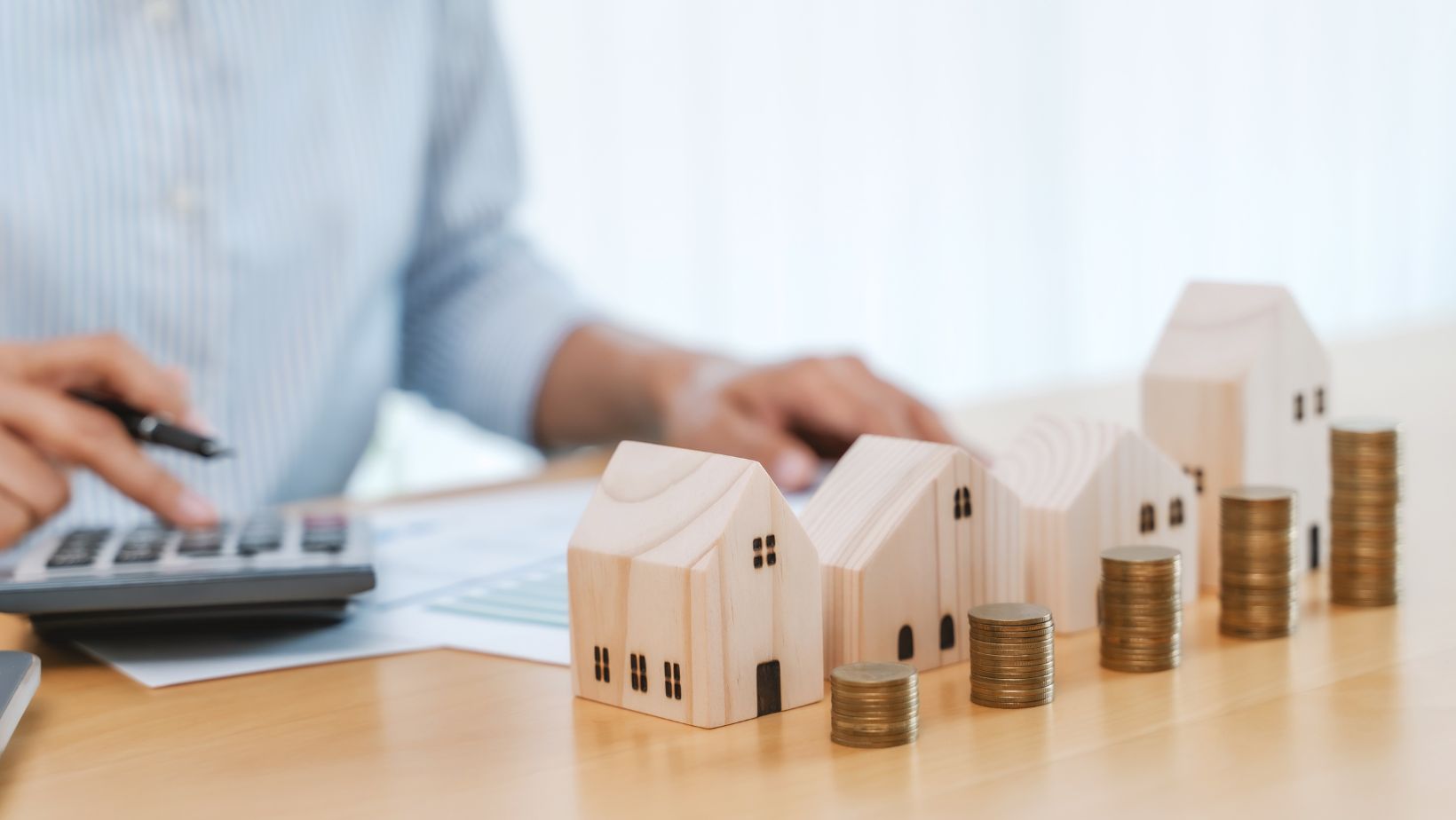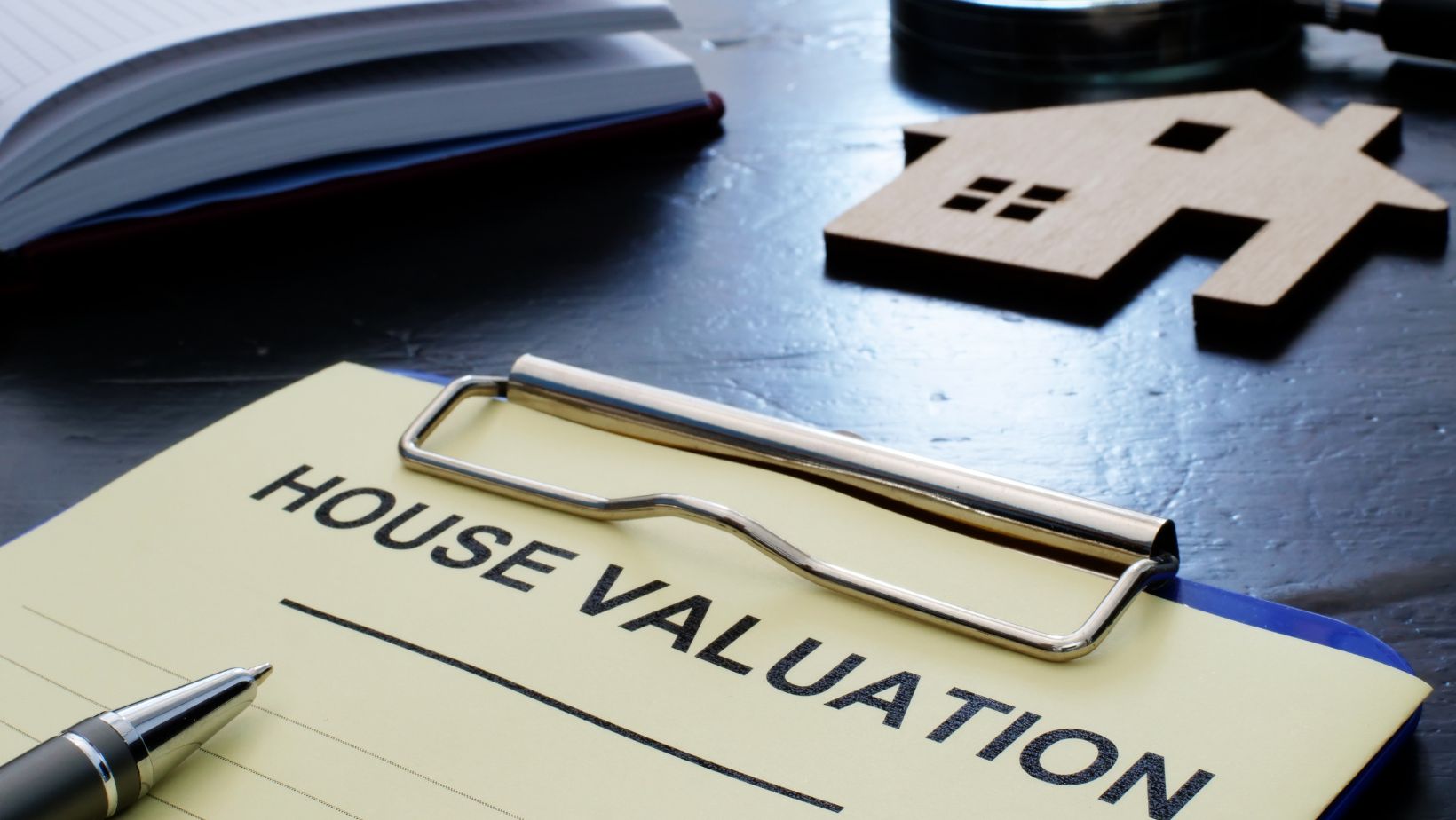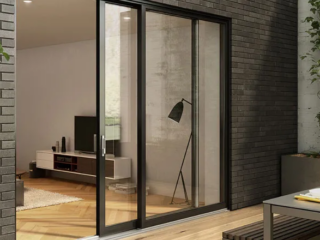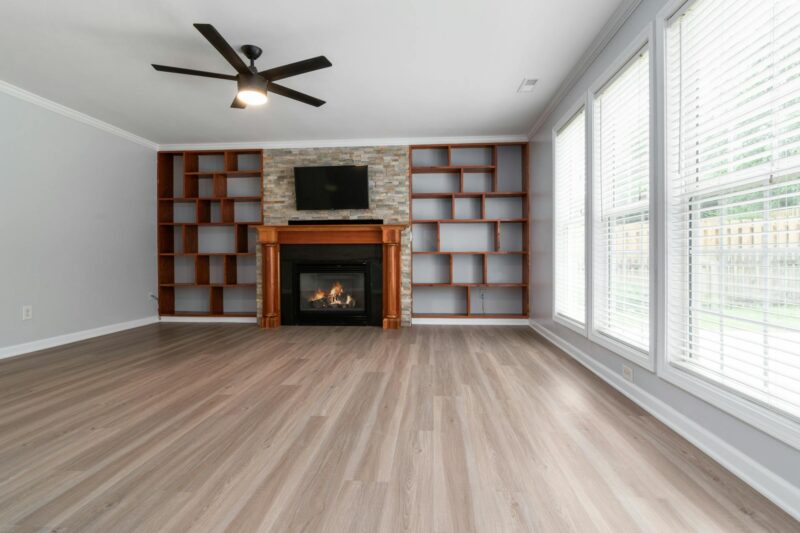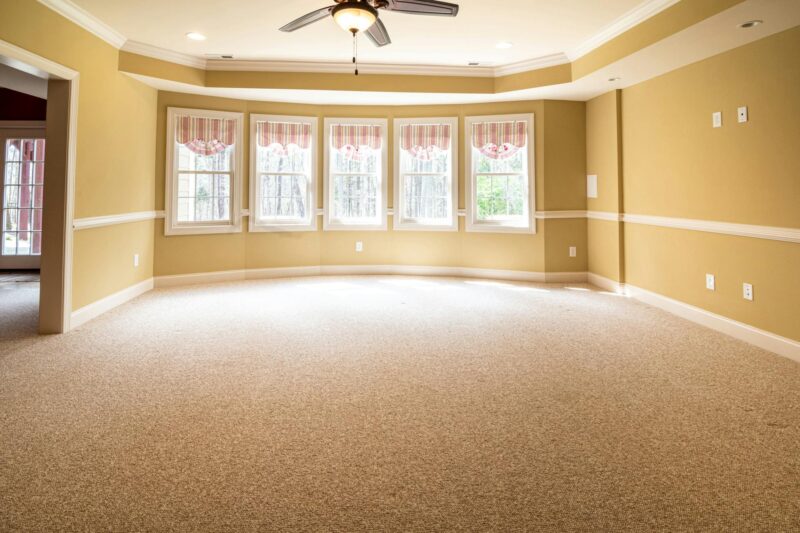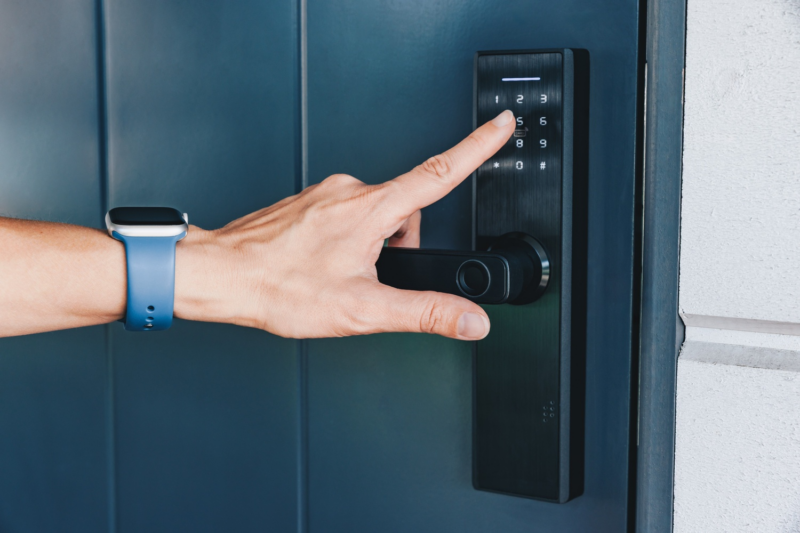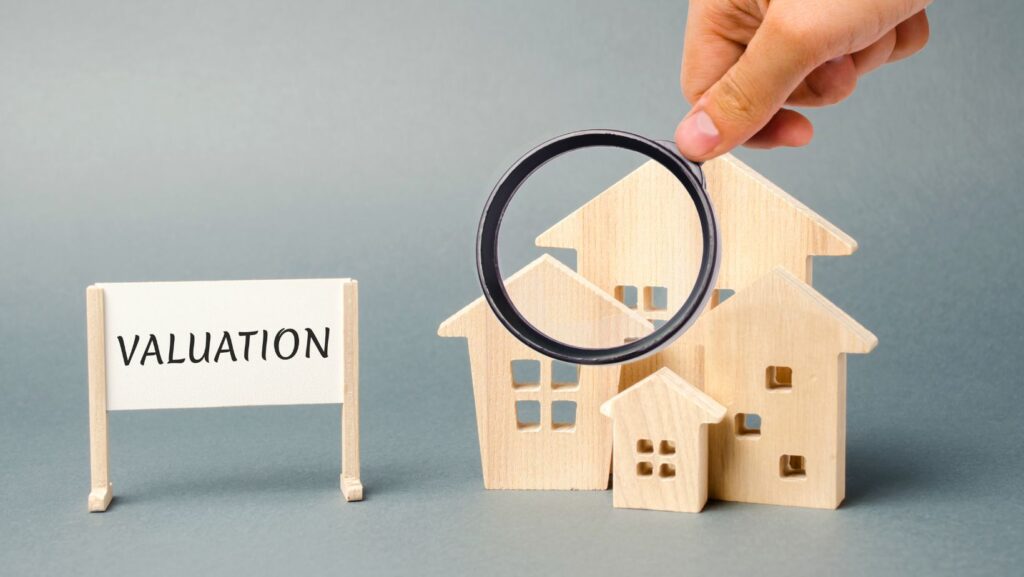
During a home valuation, a professional surveyor or estate agent will come to your house and assess its condition. They will then compare what they find with similar homes on the market to help estimate a selling price.
One thing to note is that in some cases, an agent valuation may be done by video call, so if you are thinking about selling your house, you can schedule an estimate when it’s convenient for you.
The Valuation Process
The valuation will answer the biggest question homeowners have: how much is my house worth?
Here’s what you can expect:
- Inspection of the interior and exterior: A thorough inspection of both the inside and outside of the property. This includes the condition of the structure, noting any signs of damage such as cracks or needed repairs, and the quality of fittings and fixtures.
- Measuring: The layout of the home and room sizes will be measured and documented, along with the number of rooms, types, and overall square footage.
- Unique features: Any unique aspects that can add to value will also be categorized. This might include a recently renovated kitchen or bathroom, expansion, or other notable improvements.
- Outdoor space: The quality and size of outdoor areas, parking access, and any outbuildings or landscaping will be added.
- Location: The property’s location, proximity to amenities, schools, and neighborhood will be evaluated.
- Photographs: Often, photos are taken for reference along with detailed notes.
After the physical inspection is done, a comparative market analysis will take place. This compares your home and amenities to similar properties that have recently been sold in the area. Adjustments will be made for the difference in size, condition, and features to produce comparable that represent the home’s potential value on the market.
When everything is complete, you get a valuation report which will provide you with the details to help you finalize pricing when you’re looking to sell.
How Long Does a House Valuation Take?
Professional appraisers are experienced, so it won’t take long at all. Valuations can range from 30 minutes to 1 hour or more, depending on the size of your home. Unique features may take a bit longer as they need to be documented and considered in the final valuation. In some cases, this may also require additional research to fairly evaluate potential.
Do I Need to Prepare for a Home Valuation?
While clutter is generally ignored, it’s a good idea to tidy up a bit. If there are obvious flaws, making small repairs is a good idea. You want to make your property as presentable as possible to get the best possible valuation.
Can I Influence the Valuation?
If you’ve done any upgrades to the home, like remodeling, renovations, or upgrades from builder-grade materials, share them with your agent. For example, a recent roof replacement may not be immediately noticeable but may impact the value of your home.
It will help if you have receipts or documentation to prove the investment you’ve made.
What Happens If I Feel the Valuation Is Too Low?
You can ask for clarification or even get a second opinion, especially if you think some things have been overlooked.
Remember that value is based on both your home and the price of similar homes are currently selling for. During volatile real estate markets, the valuation and sales prices can vary widely.
Is a House Evaluation the Same as a Mortgage Valuation?
While similar, there are some significant differences. An estate agent valuation is typically free and helps you set the price for your home based on current market conditions and the condition of your property.
A mortgage valuation is done on behalf of the lender, who wants to make sure the money the property justifies the loan amount. There’s a fee associated with this that will be included in your closing settlement or as part of your loan application fee. If there’s a discrepancy between the selling price and what the lender feels is reasonable, there may be adjustments made to rates or loan amounts.

